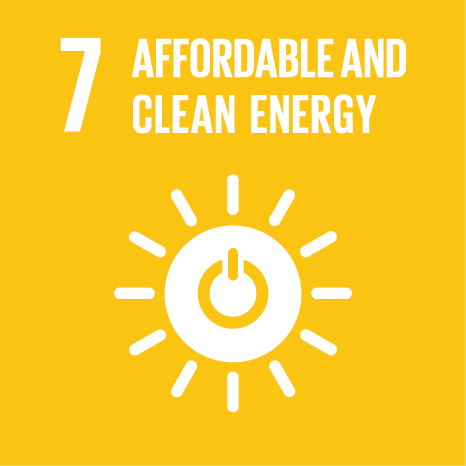Assessing the industrial effects of the deployment of renewable energy technologies: when product identity matters
Event Title
Proceedings of the 2022 DRUID Conference
Year (definitive publication)
2022
Language
English
Country
Denmark
More Information
Web of Science®
This publication is not indexed in Web of Science®
Scopus
This publication is not indexed in Scopus
Google Scholar
This publication is not indexed in Overton
Abstract
Investment in renewable energy technologies (RET) produces impacts on economic activity
and job creation that are fundamental to increase the social acceptability of those
technologies. Previous research that attempted to measure the impacts of RET has mainly
focused on its effects in energy production and climate mitigation, but surprisingly little is
known about the potential of RET to transform the industrial structure of an economy. This
paper proposes a methodology to understand and measure the industrial transformative
impact of RET. The paper draws on contributions from the sustainability transitions literature
and from the economic literature that analyses the socioeconomic impacts of RET, and
combine them with the economic complexity literature in order to address two main gaps: the
lack of measurement of industrial transformative effects in the first; and the assumption of
product homogeneity in the second that precludes an assessment of more structural impacts.
We develop a conceptual approach to the way technology deployment can lead to changes in
the industrial structure, centered on the notion of product heterogeneity intrinsic to the
economic complexity literature. We advance three main dimensions along which to measure
the changes in the industrial structure driven by modifications in the basket of products being
produced due to the development of the technology value chain: sophistication, connectivity,
and competitiveness. We also propose a more precise delineation of the industrial value chain
of the technology, by considering the actual weights of each sector to the technology and the
technology to each sector. This approach is applied to the case of wind energy in Portugal (a
successful fast follower), compared with three other main wind energy producers (Spain,
Denmark, Germany). The results show a strong relationship between the deployment of the
technology and the sophistication and the competitiveness of the “cloud of products”
composing the industrial value chain. The paper proposes a novel analytical framework and
measurement tools that can support a timely assessment of the effects of sustainable energy
technologies in the industrial structure, with relevance for policy.
Acknowledgements
--
Keywords
economic complexity,industry transformation,wind energy
Fields of Science and Technology Classification
- Economics and Business - Social Sciences
- Social and Economic Geography - Social Sciences
Funding Records
| Funding Reference | Funding Entity |
|---|---|
| PTDC/GES-OUT/30559/2017 | FCT |
Contributions to the Sustainable Development Goals of the United Nations
With the objective to increase the research activity directed towards the achievement of the United Nations 2030 Sustainable Development Goals, the possibility of associating scientific publications with the Sustainable Development Goals is now available in Ciência_Iscte. These are the Sustainable Development Goals identified by the author(s) for this publication. For more detailed information on the Sustainable Development Goals, click here.

 Português
Português




